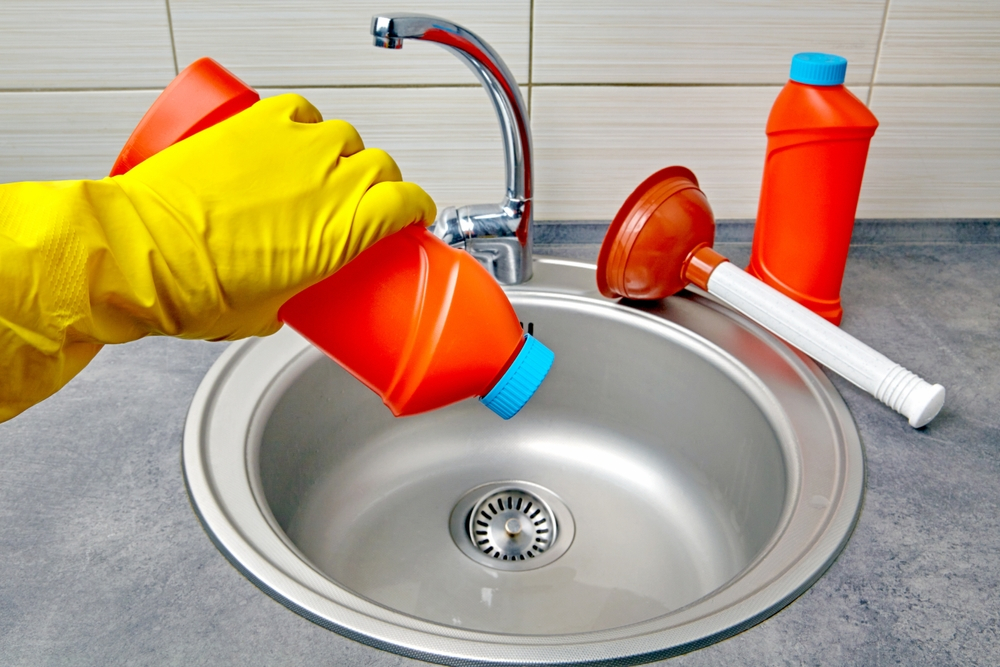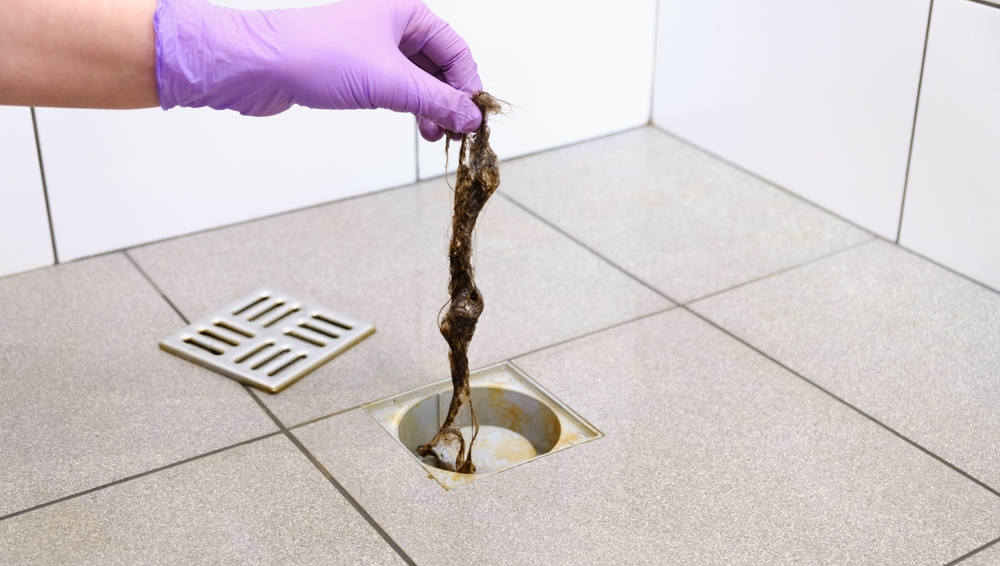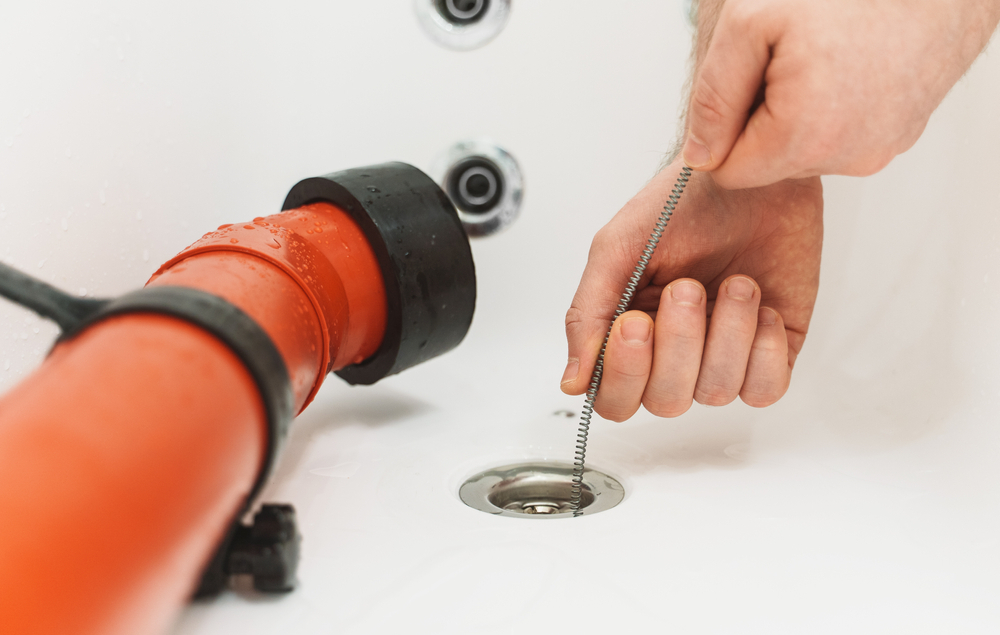Comprehensive Guide to Drain Cleaning Services for Residential Properties
Maintaining clean and efficient drains is crucial for the comfort and functionality of your home. Over time, drains can become clogged due to various factors such as debris, grease, or foreign objects. This comprehensive guide will explore the importance of drain cleaning, common issues homeowners face, effective solutions, and maintenance tips to keep your drains in top shape.
The Importance of Drain Cleaning
Clean drains are essential for several reasons, including preventing unpleasant odors, backups, and potential water damage. When drains are clogged or slow, they can lead to:
- Unpleasant Odors: Decaying food particles, soap scum, and other debris trapped in drains can emit foul smells. These odors can permeate your home, creating an uncomfortable environment. Regular cleaning helps prevent these smells from becoming a persistent problem.
- Water Backups: Clogs can cause water to back up into sinks, showers, or toilets. This can lead to inconvenient and unsanitary conditions, particularly if the backups occur in multiple areas of your home simultaneously.
- Water Damage: Persistent clogs can result in leaks and water damage to your home. If water cannot flow freely through the pipes, it may find alternative paths, such as seeping into walls or floors, causing structural damage.
- Health Risks: Standing water and the resulting mold or mildew growth can pose health risks. Bacteria, pests, and other contaminants can thrive in stagnant water, potentially leading to health issues for you and your family. Regular drain cleaning is essential to avoid these issues, ensuring smooth water flow and maintaining a healthy home environment.
- Common Drain Problems: Understanding common drain problems can help you identify when you need professional assistance. Here are some typical issues homeowners encounter:

Clogs and Blockages
Causes
- Food Scraps: Small food particles can accumulate over time, leading to clogs.
- Hair: Hair, particularly in bathroom sinks and showers, can form clumps and obstruct drainage.
- Grease: Grease and fat from cooking can solidify and create blockages.
- Soap Scum: Soap and detergent residues can combine with other debris, causing blockages.
- Foreign Objects: Items like toys, sanitary products, or other non-disposable items can become lodged in pipes.
Signs
- Slow Drainage: Water takes longer to drain from sinks, showers, or bathtubs.
Gurgling Sounds: Unusual noises from your drains indicate air bubbles trying to pass through blockages.
Complete Blockage: Water does not drain at all, leading to standing water in sinks or showers.
Slow Drainage
Causes
- Partial Blockages: Accumulation of debris or minor clogs can cause slow drainage.
- Buildup of Debris: Over time, even small amounts of debris can lead to significant blockages.
- Damaged Pipes: Pipes with cracks or bends can impede the flow of water.
Signs
- Water Pooling: Water pools around drains and takes an unusually long time to disappear.
- Inconsistent Drainage: Slow drainage occurs intermittently or worsens over time.
Foul Odors
Causes
- Decomposing Food Particles: Organic matter trapped in drains can produce unpleasant smells.
- Mold and Mildew: Moisture and organic matter can foster mold growth.
- Sewer Issues: Problems with your main sewer line can cause foul odors to enter your home.
Signs
- Persistent Smells: Unpleasant odors that don’t go away despite cleaning efforts.
- Odor Spread: Foul smells emanate from multiple drains or throughout the home.
Water Backups
Causes
- Severe Clogs: Major blockages in the drainage system can cause water to back up.
- Damaged Pipes: Cracks, collapses, or other damage to pipes can lead to backups.
- Sewer Line Issues: Problems with the main sewer line can affect the entire plumbing system.
Signs
- Water Rising: Water rises in sinks, showers, or toilets after use.
- Overflow: Drains overflow with water, particularly during or after heavy use.
Benefits of Professional Drain Cleaning
While some homeowners attempt DIY drain cleaning, professional services offer several distinct advantages:
Thorough Cleaning
Professionals use advanced tools and techniques to achieve a deep clean:
- Hydro-Jetting: This method involves using high-pressure water jets to clear stubborn clogs and remove debris from the inside of pipes. It effectively breaks down and washes away buildup that other methods might miss.
- Camera Inspection: Plumbers use specialized cameras to inspect the inside of pipes and identify blockages or damage. This allows them to target the problem accurately and choose the most effective cleaning method.
Expert Assessment
Experienced plumbers provide a comprehensive evaluation of your plumbing system:
- Diagnosis of Underlying Issues: Professionals can detect issues beyond visible blockages, such as pipe damage, leaks, or potential problems in the main sewer line.
- Advice and Recommendations: Plumbers offer guidance on maintaining your drains, including best practices and preventative measures to avoid future problems.
Preventative Maintenance
Regular professional drain cleaning helps prevent future issues:
- Scheduled Maintenance: Plumbers can establish a maintenance schedule to keep your drains in optimal condition, reducing the risk of clogs and backups.
- Early Detection: Routine inspections can identify potential problems early, allowing for timely intervention before they become major issues.
Time and Cost-Efficiency
Professional services save both time and money:
- Efficient Solutions: Plumbers address the problem quickly and effectively, saving you time compared to DIY methods.
- Cost-Effective: Preventing major issues through regular cleaning can save money on costly repairs or replacements in the future.

How Professional Drain Cleaning Works
Understanding the process can help you know what to expect when hiring a professional drain cleaning:
Inspection
The first step in professional drain cleaning is a thorough inspection:
- Camera Inspection: A plumber uses a specialized camera to examine the inside of pipes. This helps identify the location and nature of blockages or damage.
- Assessment: Based on the inspection, the plumber determines the most appropriate cleaning method.
Cleaning
Several techniques are used to clean drains effectively:
- Snaking: A flexible auger, known as a snake, is used to break up and remove blockages. This method is effective for many types of clogs and is often the first step in drain cleaning.
- Hydro-Jetting: High-pressure water jets clean the inside of pipes, removing stubborn debris and buildup. This method is highly effective for deep cleaning and ensuring thorough removal of blockages.
Post-Cleaning Inspection
After cleaning, the plumber performs a final inspection:
- Verify Results: The plumber checks the drains again to ensure that the blockage has been cleared and no further issues are present.
- Maintenance Recommendations: The plumber may offer additional advice on how to maintain your drains and prevent future problems.
DIY Drain Cleaning Tips
While professional services are essential for severe issues, you can maintain your drains with these DIY tips:
Regular Flushing
- Hot Water: Regularly flush drains with hot water to help prevent grease and soap buildup. This helps keep the pipes clear and reduces the risk of clogs.
- Frequency: Aim to flush drains once a week or more frequently if you notice any signs of slow drainage.
Use Drain Screens
- Catch Debris: Install screens or strainers over drains to catch hair, food particles, and other debris. This prevents large items from entering the pipes and causing blockages.
- Maintenance: Clean the screens regularly to ensure they remain effective.
Avoid Chemical Drain Cleaners
- Pipe Damage: Chemical cleaners can be harsh and may damage pipes over time. Opt for natural or less aggressive cleaning methods.
- Alternative Solutions: Use baking soda and vinegar as a natural alternative to chemical cleaners. They can help break down minor clogs and deodorize drains.
Clean Pop-Up Stoppers
- Remove Debris: Clean pop-up stoppers in sinks regularly to remove hair, soap scum, and other debris.
- Frequency: Check and clean the stoppers every few weeks or more often if you notice slow drainage.
Preventative Measures
Taking proactive steps can help avoid future drain problems:
Be Mindful of What Goes Down the Drain
- Avoid Grease: Never pour grease or fat down the sink. Instead, dispose of it in a container and throw it away.
- Use a Compost Bin: For organic waste like food scraps, use a compost bin to reduce the amount of debris entering your drains.
Regular Inspections
- Schedule Inspections: Arrange for regular inspections with a professional plumber to catch issues early and ensure your drains are in good condition.
- Monitor for Problems: Be attentive to any signs of drain issues, such as slow drainage or unusual odors, and address them promptly.
Proper Pipe Maintenance
- Inspect Pipes: Regularly check pipes for signs of damage, such as leaks or corrosion. Address any issues promptly to prevent further damage.
- Replace Damaged Sections: If you notice any damaged sections of pipes, have them replaced to ensure proper drainage and avoid future problems.
When to Call a Professional
Some situations require professional intervention:
Persistent Blockages
- Recurrent Issues: If a clog doesn’t clear with standard methods or keeps recurring, it’s time to call a professional for a thorough inspection and cleaning.
- Severe Blockages: Major blockages that cause complete blockage or significant water backup require expert attention.
Sewage Backups
- Multiple Drains: If you experience sewage backups or unpleasant smells from multiple drains, a professional can address potential issues with the main sewer line.
- Health Concerns: Sewage backups can pose serious health risks and require immediate professional intervention.
Pipe Damage
- Leaks or Noises: Any signs of pipe damage, such as leaks, unusual noises, or visible cracks, require professional assessment and repair.
- Structural Issues: Damage to pipes that affects the structural integrity of your plumbing system needs expert attention.
Unusual Odors
Persistent Smells: Foul odors that don’t dissipate despite cleaning efforts may indicate a more serious problem. A professional can diagnose and address the issue.

Conclusion
Proper drain maintenance is crucial for a comfortable and healthy home environment. Regular professional drain cleaning ensures your plumbing system remains in optimal condition, preventing clogs, foul odors, and potential water damage. While DIY methods can help with minor issues, professional services offer thorough cleaning, expert assessment, and preventative maintenance.
Understanding common drain problems and taking proactive measures can help keep your drains functioning smoothly. If you encounter persistent issues or signs of significant problems, don’t hesitate to reach out to a professional plumber. By maintaining your drains today, you can avoid larger issues in the future and ensure a well-functioning home.
For reliable and effective drain cleaning services, contact a professional plumber to address your needs. Regular maintenance and timely intervention can save you from costly repairs and ensure the longevity of your plumbing system.
Plumbing Services CA
https://maps.app.goo.gl/31Yt4rhDrainzNJ4A
(279) 203-0765
https://plumbingservicesca.com/
